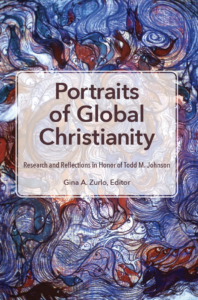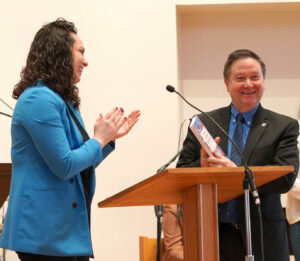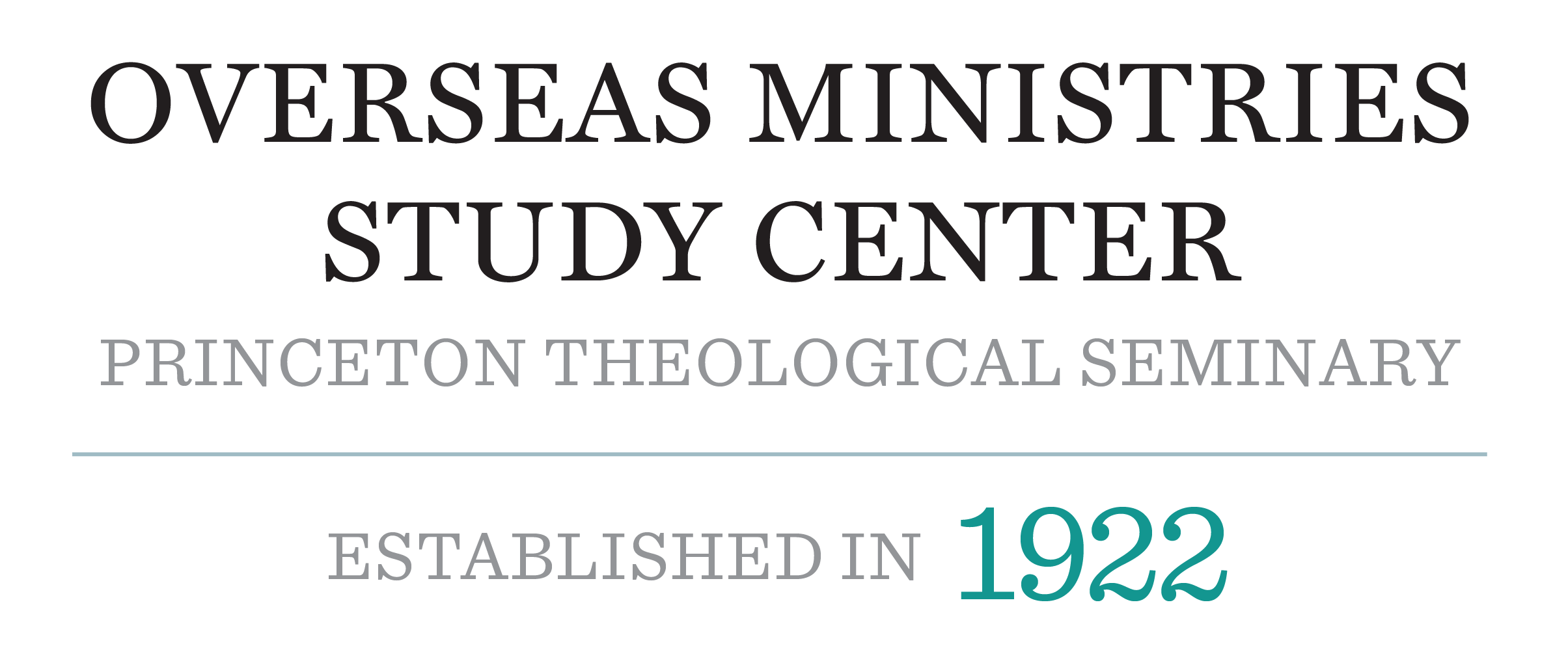by Gina A. Zurlo, Ph.D. – Co-Director – Center for the Study of Global Christianity
This post is part of The Occasional’s “Numbers and Trends” series, dedicated to sharing work, analysis, and perspectives from our friends and partners at the Center for the Study of Global Christianity based at Gordon-Conwell Theological Seminary.

The concept of “lived religion” began with Harvard historian David Hall in the 1990s to investigate how religion is experienced and practiced in people’s everyday lives, outside of formal religious institutions.1 Sociologist Nancy Ammerman has drawn significant attention to this concept, which is centered around documenting and analyzing “the social dynamics of religion in ordinary everyday life.”2 Lived religion is about studying, for example, what religious practices people do in their particular cultural contexts, their connection to spiritual realities, the rituals they partake in, what material objects they use, and influences in their religious lives.
In academia, when a scholar reaches a certain age, it’s common for their students to assemble a Festschrift, a book featuring articles written in their teacher’s honor. Todd Johnson, the longtime leader of the Center for the Study of Global Christianity, turns that certain age in June this year. For roughly the last two years, I worked with his former students, colleagues, family, and friends to assemble a surprise volume to honor his work not only in the study of global Christianity, but a concept I’m calling, “lived global Christianity.” Dr. Johnson embodies global Christianity, where he thinks and acts according to global realities in his everyday life. He both “walks the walk” and “talks the talk” of global Christianity in his interactions with others, especially people at the margins and those who have been overlooked. Many have studied under Dr. Johnson at Gordon-Conwell Theological Seminary expecting to learn history, trends in mission, and the current status of Christianity worldwide; most do not expect to be fundamentally changed as a result. But a core part of Dr. Johnson’s teaching philosophy is personal transformation, not simply amassing knowledge for the sake of knowledge. Studying, teaching, and living global Christianity is about helping others break barriers, become public figures, and bear witness to Jesus in the world. These themes are found throughout this Festschrift: Portraits of Global Christianity: Research and Reflections in Honor of Todd M. Johnson.
This book was produced by William Carey Publishers, the publishing house founded by Dr. Johnson’s parents-in-law, Ralph and Roberta Winter. The artwork was generously provided by the Overseas Ministries Study Center at Princeton Theological Seminary, featuring the work of Sri Lankan artist Nalini Jayasuriya. The forward of the book was authored by Dr. Johnson’s closest friends in the Boston Theological Interreligious Consortium’s Missions and Ecumenism Committee: Dana Robert from Boston University School of Theology, Meg Guider from Boston College School of Theology and Ministry, and Luke Veronis from Holy Cross Greek Orthodox School of Theology. The book was desktop published by Chris Guidry, who has been with the Center’s team since our Richmond, Virginia days in the 1990s.

The first part of the book includes chapters on partnership in global Christianity and mission research, with contributions from the Center’s data analyst Peter Crossing, and articles by Patrick Johnstone, Jason Mandryk, and Molly Wall of Operation World. Part two contains 28 chapters with reflections from former students and colleagues who learned how to live global Christianity from Dr. Johnson, such as Sujin Park in music ministry, Feruza Krason in Bible translation, and Dr. Eva Pascal on living global Christianity in Thailand, Dr. Johnson’s favorite place in the world. Other contributors are from Uchenna Anyanwu, Joseph Byamukama, Jane Chun, Jim Darlack, Darrell Dorr, Sharon Ellis, Jarrett Fontenot, Michael Hahn, Richard Haney,
David Hannan, Bert Hickman, Daryl Ireland, Kyle Johnson, Grace Ji-Sun Kim, Sandi Lee, Justin Long, Brian McAtee, Bryan Nicholson, Ken Ross, Justin Schell, Jennifer Shin, Benjamin Thomas, Charles Tieszen, Cindy Wu, and Kenneth Young. Part three of the book is perhaps most emblematic of Dr. Johnson: 185 “top ten” data tables on world religions, global Christianity, mission, human development, and more. 185 tables! No book about the work of Todd Johnson is complete without data.
Several core themes emerge from the reflections in this book, each important for lived global Christianity, and all exemplified in Dr. Johnson’s life and work. Perhaps chief among them is knowledge. Data, facts, and figures are the starting place to realize the world is bigger, more diverse, more beautiful, and perhaps more troubled than previously thought. Good data provide the solid foundation to live into the realities of World Christianity. It is humbling to learn that your Christian story is just one of 2.6 billion, and each Christian has experienced Jesus and the church differently across time, location, language, and social context. Humility is needed to live global Christianity, which requires putting others before yourself, ceding the stage to underrepresented voices, and giving opportunities away, not always taking them. Non-judgmental faithful witness allows you to experience other people, cultures, and contexts more authentically.
The book was presented to Dr. Johnson at a special chapel and lunch forum at Gordon-Conwell Theological Seminary on March 28. You can see more about the event here.
—
1 David Hall, Lived Religion in America: Toward a History of Practice (Princeton: Princeton University Press, 1997).
2 Nancy T. Ammerman, Sacred Stories: Spiritual Tribes: Finding Religion in Everyday Life (New York: Oxford University Press, 2013), xiii




